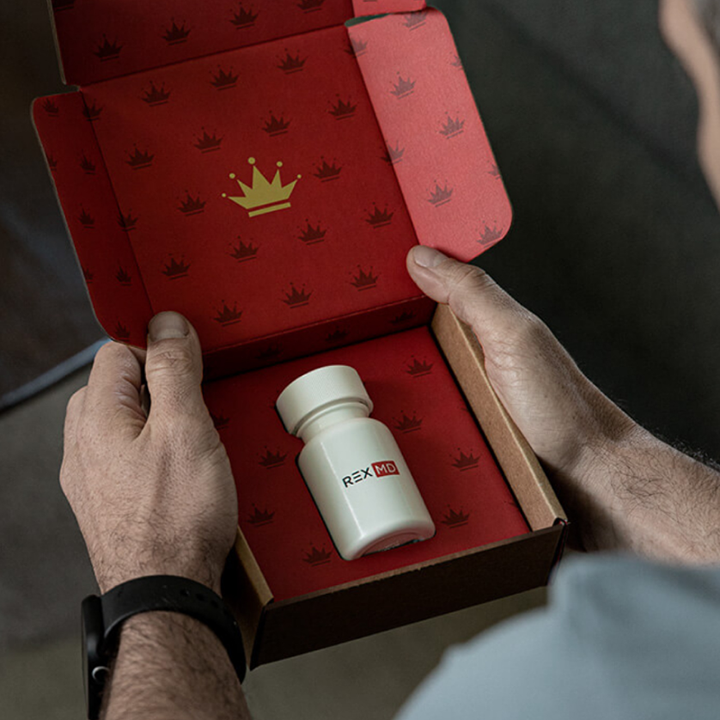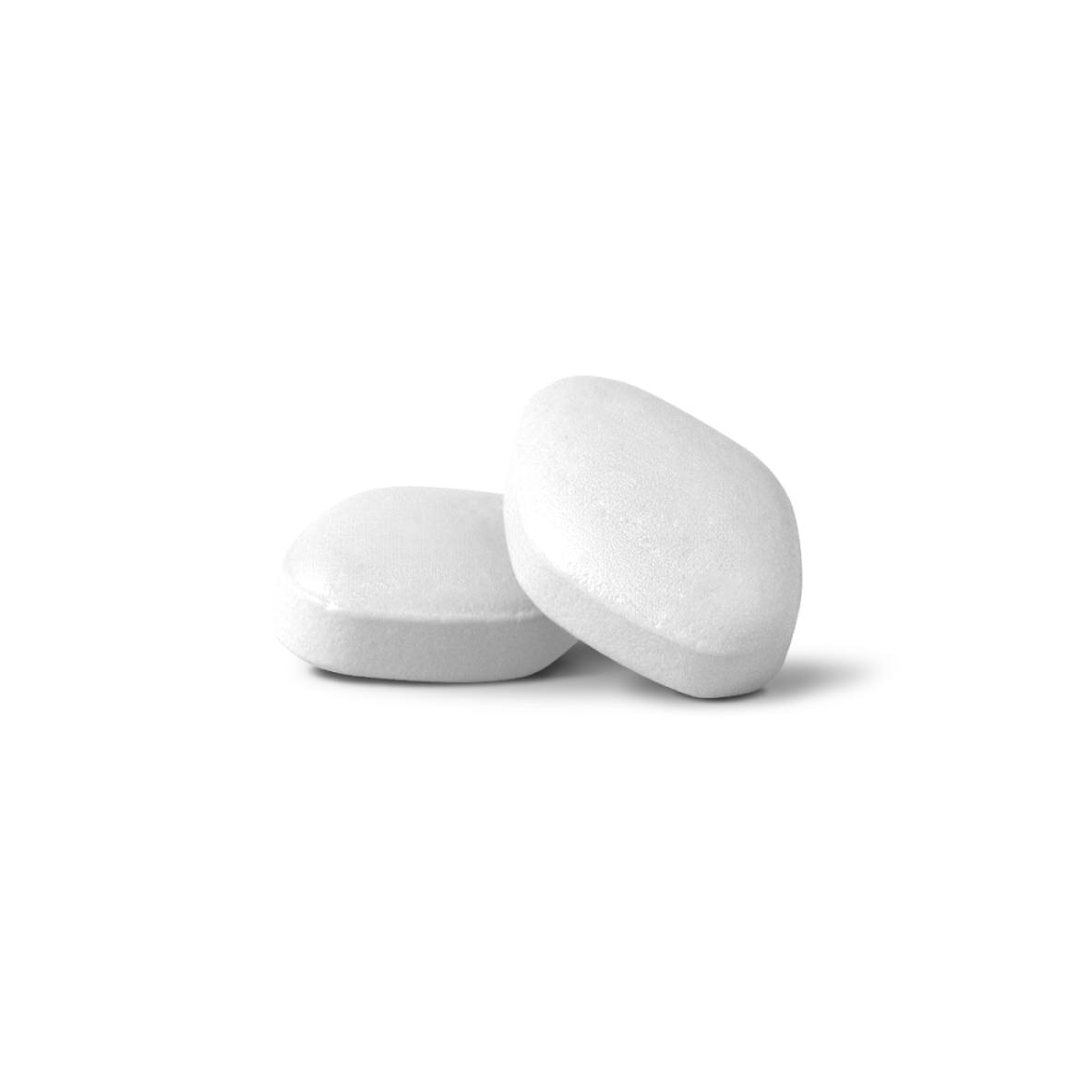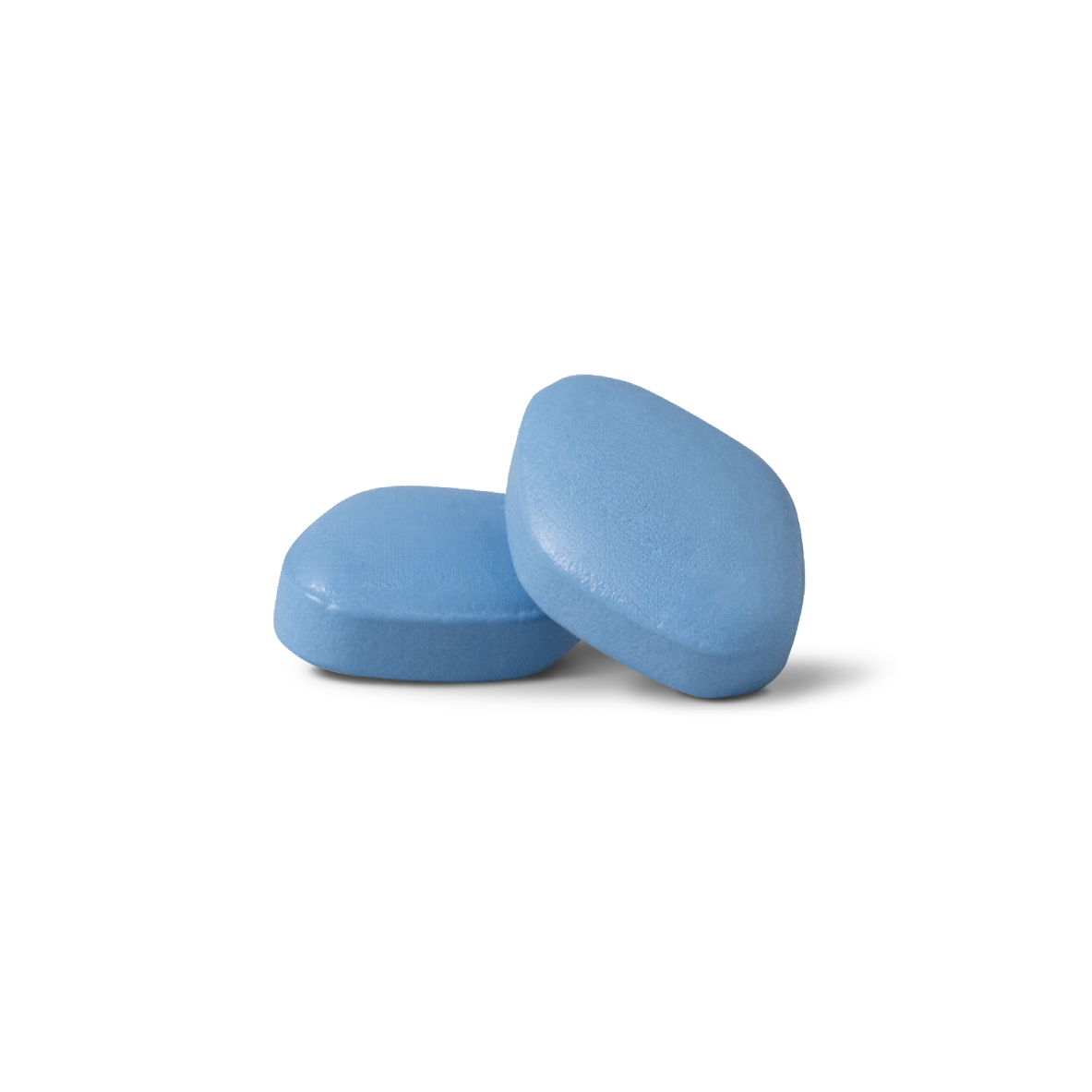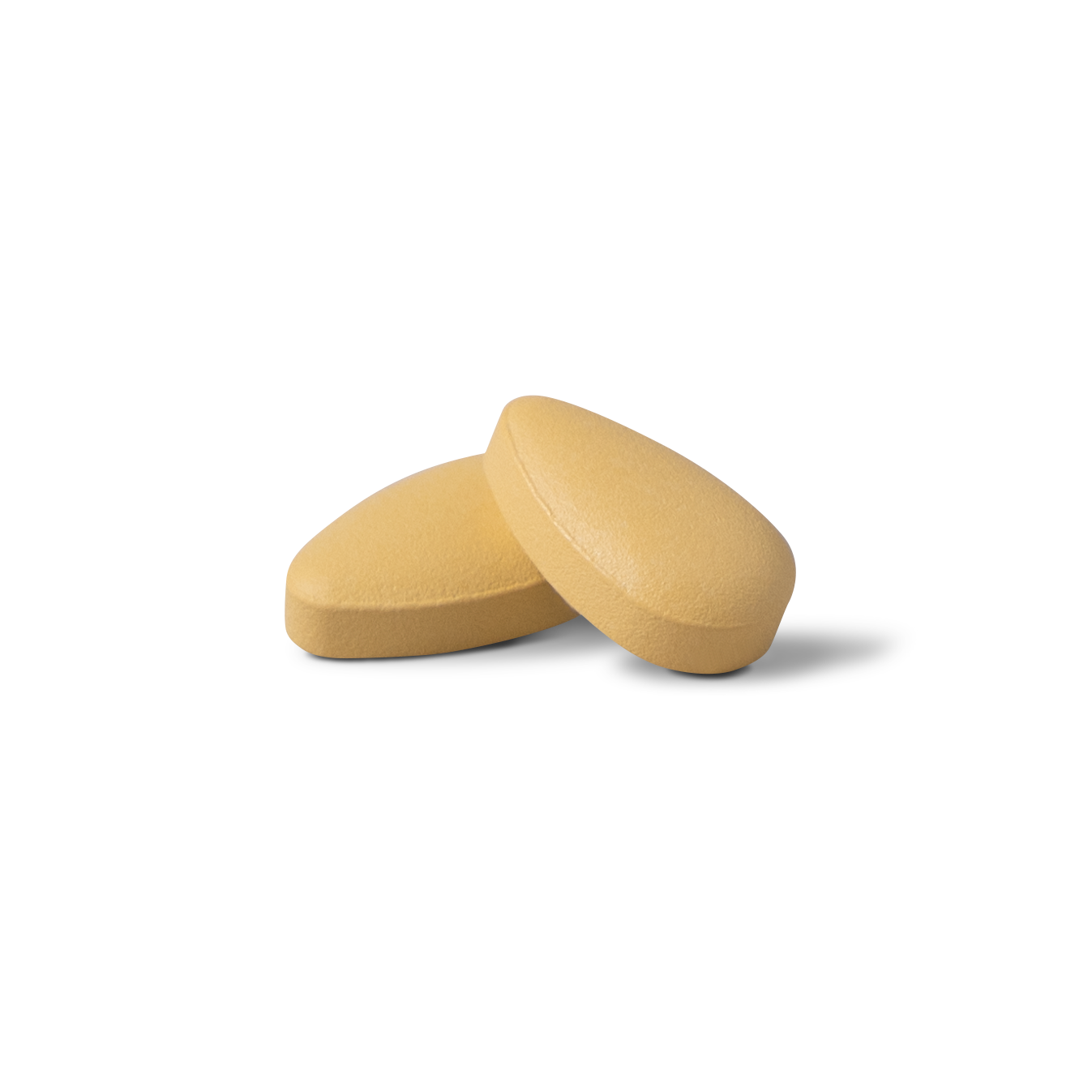Start your online visit
Top Products
Resources
Have Questions?
Talk to live agent (Mon – Fri: 9:30am – 6:30pm EST).
(866) 294-3772
More questions? Visit our FAQ page
Erectile Dysfunction
Branded Cialis®
Erectile Dysfunction
Branded Cialis®
Cialis® is an FDA-approved ED medication that’s helped millions of men enjoy more satisfying sex. Its active ingredient, tadalafil, is clinically proven to help men with ED get and maintain erections.
Free Rush Shipping
Save up to 93% Off with Generic Cialis®
Through Rex MD, a licensed healthcare provider can prescribe Cialis® or another ED treatment online, if appropriate. No in-person doctor visit needed. Plus, you’ll get your medication quickly and discreetly with free, rush shipping.
Free Rush Shipping
Save 93% Off with Generic Cialis®
Meet Cialis®
- Clinically proven to reduce ED symptoms
- Flexible dosage options
- Taken daily or as-needed for spontaneous sex
How to take it
Always take Cialis® as instructed by your healthcare provider. It can be taken as-needed or daily. Cialis® usually starts to work within 30 to 60 minutes, and its effects can last for between 24 and 36 hours, so it can support erections longer than other prescription ED treatments. Cialis® is triggered by sexual stimulation, so you need to be aroused for it to work.
Common Cialis side effects
Potential side effects can include headaches, flushing, upset stomach, abnormal vision, runny or stuffy nose, back and muscle pain, nausea, dizziness, and rash. In rare cases, it can cause changes in vision or loss of sight. If you have any side effects that bother you or do not go away, talk to your provider. Do not drink alcohol to excess (more than five drinks) while taking Cialis®.
Prescription products require an online consultation with a physician who will determine if a prescription is appropriate.

Why Cialis®?
Cialis® stays in your system for longer than other ED medications so you can be ready for sex any time the mood strikes.
It can be taken daily or as-needed to help men achieve optimal erectile function.
Inhibits PDE5
Cialis works by inhibiting an enzyme called phosphodiesterase type 5 (PDE5).
Boosts blood flow
When PDE5 is inhibited, blood is able to move more freely to the penis.
Gets you hard
More blood flow allows for harder, longer-lasting erections with sexual stimulation.
Real Members.
Real Reviews.
Trusted by over 346,000 men.

Why choose Rex MD?
Rex MD helps eligible patients get prescription ED medications like Cialis® quickly, discreetly, and affordably — right from home. No in-person doctor visit needed.
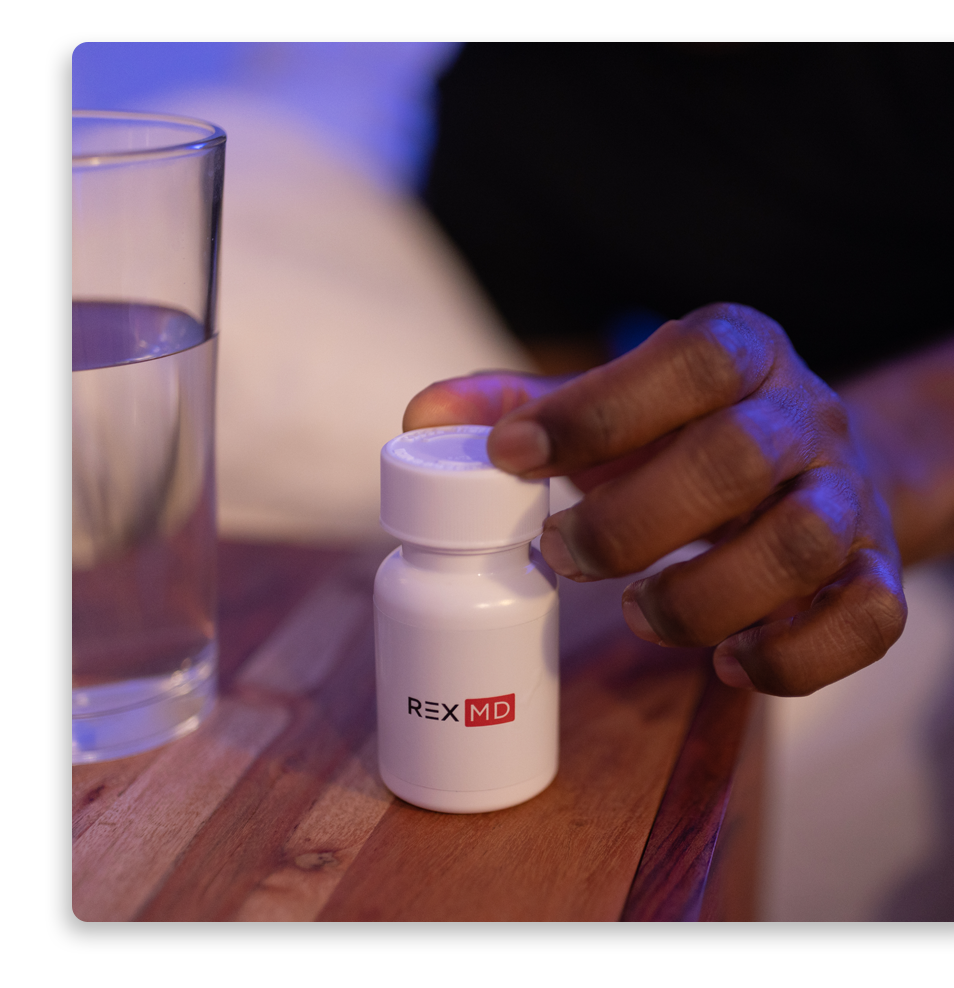
How to take Cialis®
Always take Cialis® as instructed by your healthcare provider. Cialis® can be taken as-needed or daily. Cialis® usually starts to work within 30 to 60 minutes, and its effects can last for between 24 and 36 hours, so it can support erections longer than other prescription ED treatments. Cialis® is triggered by sexual stimulation, so you need to be aroused for it to work.
ⓘ Important safety information ›

How to get Cialis® online through Rex MD
Frequently asked questions about Cialis®
What is Cialis®?
Cialis® is a prescription medication that is used to treat erectile dysfunction.
How does Cialis® work?
Tadalafil, the active ingredient in Cialis®, treats erectile dysfunction by increasing blood flow to the penis during sexual stimulation. This increased blood flow can cause an erection.
How long does it take for Cialis® to work?
Cialis® usually starts to work within 30 to 60 minutes.
How long do the effects of Cialis® last?
Its effects can last for between 24 and 36 hours, so it can support erections longer than other prescription ED treatments.
Is 20mg Cialis® the same as 100mg Viagra®?
Ultimately, these are two different medications that are used to treat the same condition. 20mg is the maximum dose of Cialis® and 100mg is the maximum dose of Viagra. Your healthcare provider may suggest that you use 100mg of Viagra if you're prescribed Cialis® and want to change medications.
Can I take two 5mg Cialis® pills at once?
Yes, you can take two 5mg pills at once with your doctor’s approval. This will increase your dosage to 10 mg.
Does Cialis® lower blood pressure?
Cialis® relaxes arteries throughout the body, which can cause your blood pressure to decrease. This can cause mild increases in heart rate. Patients with low blood pressure should use Cialis® with caution.
How do I avoid side effects from Cialis®?
Make sure you disclose all the medications you are taking during your free online consultation to avoid negative drug interactions. Additionally, share your complete medical history, including any medical conditions you have. Also, avoid excessive alcohol consumption when taking Cialis®. Lastly, follow the instructions of your provider when taking Cialis®.
Is Cialis® safe?
Yes. Cialis® is generally safe as long as you take the recommended dose and follow the instructions of your prescribing healthcare provider. Taking more than the recommended dose of Cialis® puts you at risk for serious side effects, so be sure to use your medication as directed.
How many years can you take Cialis®?
While some users might argue that they need to increase their dosage over time, there is no research to suggest that men can build immunity or tolerance to Cialis®. In other words, there is currently no recommended cut-off point for safely taking Cialis®.
Will Cialis® make you last longer in bed?
No, Cialis® doesn't make you last longer during sex. If you're climaxing earlier than you'd like (premature ejaculation) other treatments may help.






